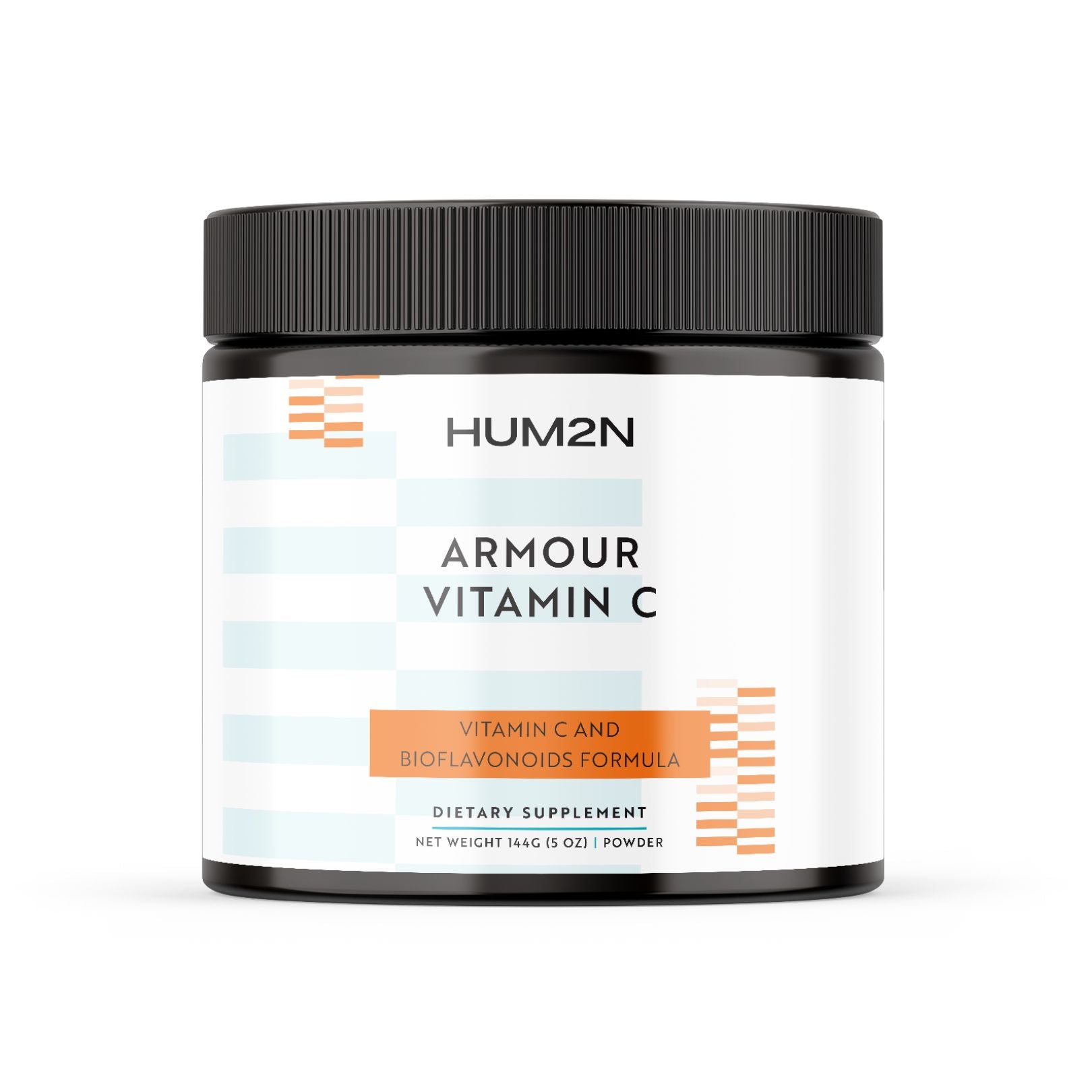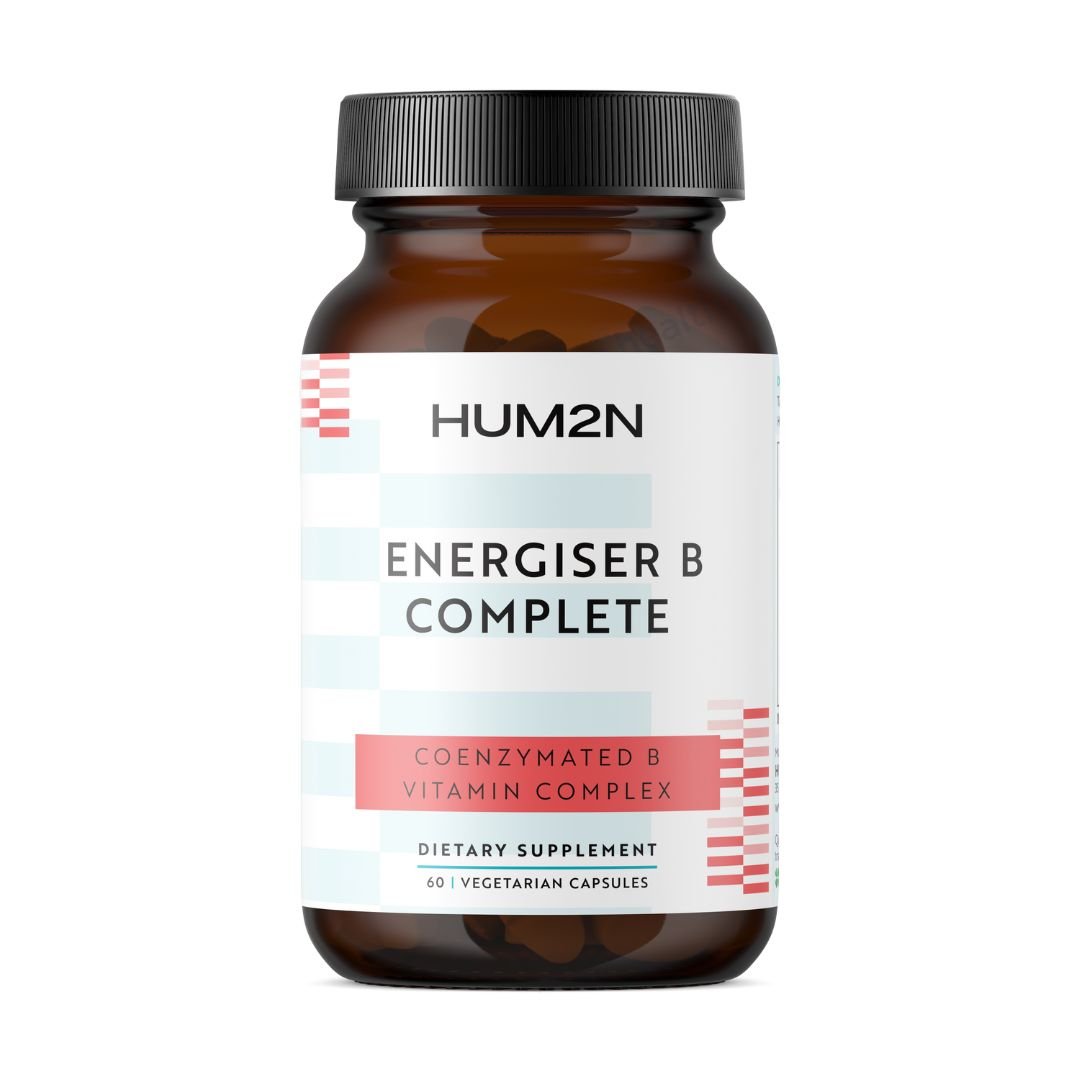We all want to have that SUPERHUM2N brain; razor-sharp focus, brilliant decision-making and remarkable memory. But why is it that more often than not we feel so scattered? Why is focusing on important tasks so difficult? And how exactly is this affecting your career potential?
Let’s explore these issues in the context of cognition. Cognition refers to the ways in which we receive, process, store, and act on information around us. Our cognitive resources encompass motivation, control and concentration - the key predictors for performance[1]. Cognitive abilities are generally associated with career potential and pay level, socioeconomic success and creativity[2].
Many of the factors that drain our cognitive capacity are within our control/influence. Here are a few accessible strategies to help elevate your brain to SUPERHUM2N status.
Stress
It didn’t take us long to notice the downstream mental health consequences of COVID-19. For many, stress and anxiety became a daily struggle[3]. According to a recent scientific publication, “there is an abundance of research demonstrating the deleterious effects of stress and anxiety on cognitive functioning”[3].
You’ve probably noticed that when you’re stressed, it is difficult to “think straight”. You overthink, your mind wanders and productivity plummets.The acute stress response activates the release of hormones such as adrenaline and noradrenaline which increase heart rate and blood pressure. Cortisol is also released[4]. You’re in ‘flight-or-flight’ mode. Whilst such a response is adequate in response to danger, chronic activation is bad for health and focus! Stress is linked to mind wandering, which competes with functioning such as working memory capacity[3].
Sleep
In our modern world of ‘hustle and grind’, sleep is not always considered a priority. All too often we are prepared to compromise on rest, not productivity. However, in an article exploring 150 years of research on long hours at work and productivity, Sara Robinson wrote that for “every hour you work over 40 hours a week is making you less effective and productive over both the short and the long haul”[5]. Sleep may be a culprit here as sleep quantity and quality are correlated with work performance [2].
Lack of sleep puts our bodies under a state of stress and out of balance. In the early stages of sleep, our bodies experience an ‘inflammatory peak’ which serves to promote growth, proliferation and specialisation of immune cells and clean-up of damaged and infected cells. At the end of sleep and during wakefulness, anti-inflammatory signals kick in, shutting down the pro-inflammatory ones[6]. Prolonged sleep deprivation (prevalent in our modern society) can lead to chronic low-grade inflammation, making us feel tired and sluggish. It is also a risk factor for illnesses such as obesity, type 2 diabetes and coronary heart disease and negative mental health[7].

Sunlight
Sunshine makes us feel better. Better mood, more motivation – we have all experienced it. But what is so special about being in the sun?
A major role of sunshine is that it drives the de novo synthesis of Vitamin D. This vitamin plays a major role in our cognitive functioning since Vitamin D receptors are widespread in brain tissues[8]. Deficiency is linked with worse cognitive performance and cognitive decline[9].
Another biological explanation may be the exposure to red and near-infrared light (this is termed photobiomodulation or PBM)[10]. Some clinical trials have found PBM to improve symptoms of depression and aid cognitive function in a cohort with dementia. Whilst there are numerous theories of why environmental light yields physiological responses, more quality research is needed[10].
Nutrition
Nutritional deficiencies can have serious adverse effects. Whilst clinical nutritional deficiencies aren’t common in the developed world (you don’t hear much about illnesses such as Scurvy or Beri Beri anymore), sub-clinical chronic deficiencies are more common than you think. Together with other symptoms, deficiencies may manifest in cognitive impairments.
Nutrients don’t just nourish, they are needed for important metabolic pathways to take place. We know vitamins B and C are important for normal energy utilization and normal functioning of the nervous system, whilst iron, iodine and zinc aid cognitive functioning.
Whilst, eating nutrient dense whole foods is the gold-standard of nutrition, this ideal situation is not always possible. Therefore, supplementation may be necessary for some people.
Lifestyle hacks for better focus + brain health
Now that we know a little bit about the science behind cognitive difficulties, can we action some of these learnings? Absolutely – here are some tips from the team at HUM2N.
Stress
- Set yourself realistic goals using the S.M.A.R.T. format
- Stress without action drains your cognitive resources. Keep a diary and dissect your stress into actionable tasks that your can tackle immediately
- Work in sprints - set your alarm for each hour of work and take 5 minute breaks inbetween sprints
- Try guided meditation or sound baths to help you de-stress
- Go outside. Even if just for a few minutes
Sleep
- Aim to sleep for 6-8 hours
- Keep a regular sleep routine
- Give yourself 1-1.5 hours to wind down before going to sleep. Create a relaxing ritual that is not too stimulating – try journaling, drawing, writing
- If you lie in bed awake for more than 20-30 minutes, get up, change your surroundings, participate in a calming activity and go back to bed once you’re sleepy again
- Track your sleep and make data-driven improvements with the Ōura ring; your body is in a consistent state when you sleep which makes it the perfect time to gather accurate which includes resting health rate, resting respiratory rate, nighttime movement, light and deep sleep, sleep timing and quality.

Sun
- Get regular exposure to outdoor or bright lights, especially at midday and in the early afternoon.
- Take 10 micrograms (400 IU) of vitamin D a day especially when spending a lot of time indoors
- Eat a varied diet, which consists of dietary vitamin D sources such oily fish (such as salmon, sardines, herring and mackerel), red meat, liver, egg yolks, mushrooms.
- Choose products which are fortified with Vitamins D, e.g. fortified plant-based milks
Nutrition
- Eat a varied and colourful diet, which is rich in fruits and vegetables, pulses, wholegrains, quality grass-fed meat and sustainable fish
- If you follow a specific diet – do so with expert guidance and be savvy to prevent deficiencies
- Avoid unnecessary supplementation and/or over-supplementation as this can be toxic – consult a professional before starting a supplementation regime
- Take care of your gut – most people in the UK do not meet their fibre targets. Eat your 5-a-day and set yourself a challenge to eat 30 different plant foods every week
- Steer away from fad diets – if you have any nutrition or weight concerns, speak to an accredited nutritionist or dietitian
Want to think like a SUPERHUM2N?Book a deep-dive discovery call with one of our health experts
References
- Shettleworth, S. J. (2010). Cognition, evolution, and behavior, 2nd edn Oxford, UK: Oxford University Press [Google Scholar]
- Henderson, A.A., Horan, K.A. (2021). A meta-analysis of sleep and work performance: An examination of moderators and mediators. J Organ Behav. 42, pp.1– 19.
- Boals, A., & Banks, J. B. (2020). Stress and cognitive functioning during a pandemic: Thoughts from stress researchers. Psychological trauma : theory, research, practice and policy. 12, pp.255–257. https://doi.org/10.1037/tra0000716
- Turner, A.I., Smyth, N., Hall, S.J., Torres, S.J., Hussein, M., Jayasinghe, S.U., Ball, K. and Clow, A.J. (2020). Psychological stress reactivity and future health and disease outcomes: A systematic review of prospective evidence. Psychoneuroendocrinology. 114.
- Robinson, S. 2012. Bring back the 40-hour work week. https://www.salon.com/2012/03/14/bring_back_the_40_hour_work_week/
- Besedovsky, L., Lange, T. and Haack, M. (2019). The Sleep-Immune Crosstalk in Health and Disease. 99(3), pp.1325-1380.
- Soprovich, A.L., Bottorff, J.L., Wozniak, L.A., Oliffe, J.L., Seaton, C.L., Duncan, M.J., Caperchione, C.M., Ellehoj, E.R. and Johnson, S.T. (2021). Sleep Health in Male-dominated Workplaces: A Qualitative Study Examining the Perspectives of Male Employees. Behavioral Sleep Medicine. pp.1-17.
- Soni, M., Kos, K., Lang, I.A., Jones, K., Melzer, D. and Llewellyn, D.J. (2012). Vitamin D and cognitive function. Scandinavian Journal of Clinical and Laboratory Investigation. 72, pp.79-82.
- Goodwill, A.M. and Szoeke, C. (2017), A Systematic Review and Meta-Analysis of The Effect of Low Vitamin D on Cognition. J Am Geriatr Soc. 65, pp.2161-2168.
- Heiskanen, V., Pfiffner, M. and Partonen, T. (2020). Sunlight and health: shifting the focus from vitamin D3 to photobiomodulation by red and near-infrared light. Ageing Research Reviews. 61.
- Black, M.M. (2003). Micronutrient Deficiencies and Cognitive Functioning. The Journal of Nutrition. 133(11), pp.3927-3931.
- National Diet and Nutrition Survey: Years 1 to 9 of the Rolling Programme (2008/2009 – 2016/2017): Time trend and income analyses.







